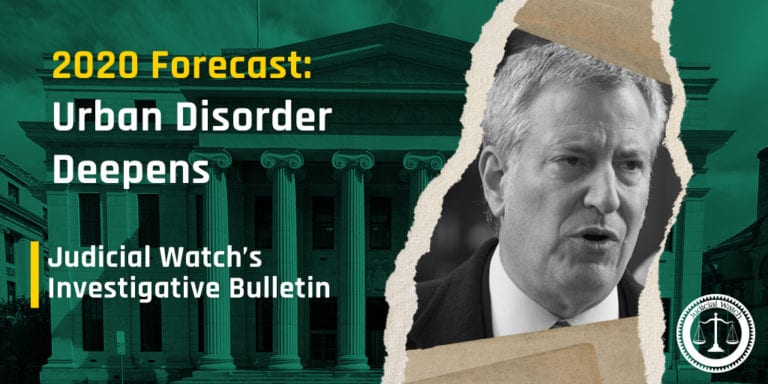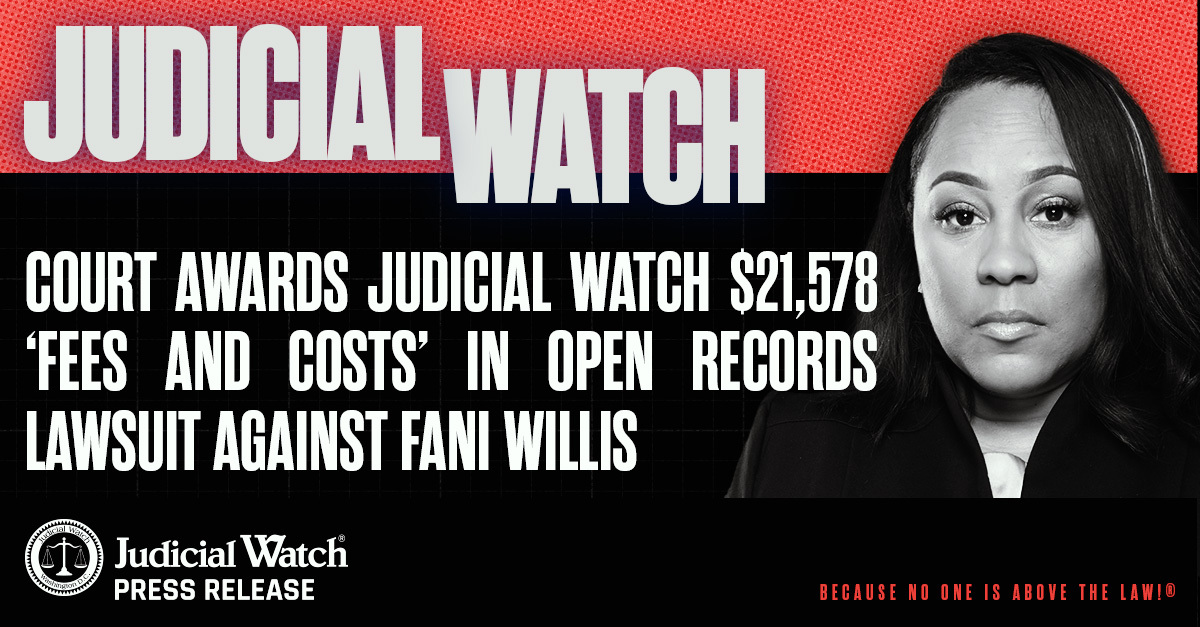

2020 Forecast: Urban Disorder Deepens


America’s cites lurched left in 2019, entrenching a new generation of radical activists in municipal and criminal justice posts, and 2020 looks like more of the same. Nationwide, notes the Manhattan Institute’s Steven Malanga, the Left is “pulling back on enforcement of quality-of-life infractions, ceding public space again to the homeless and drug users, undermining public school discipline, and releasing violent criminals back into communities or refusing to prosecute them in the first place.”
The latest example comes from New York, where on January 1 a new law went into effect eliminating cash bail for what proponents of the measure pitch as mere misdemeanors and “nonviolent felonies.” The New York State District Attorneys Association begs to differ, pointing out that among the crimes are various types of assault, arson, burglary, bribery, child abuse, drug possession, firearm possession, stalking, manslaughter, vehicular homicide, robbery and riot.
What madness is this? Criminal justice experts have long noted that bail discriminates against the poor. If you can’t afford bail—the posting of cash or a bond, which is forfeited if the defendant does not show up for court dates—you can’t get out of jail. Reform was needed. The tragedy of Kalief Browder, a Bronx teenager who spent three years on Rikers Island on robbery charges because his family couldn’t afford the $3,000 bail, spurred reform efforts. Democrats took over the state legislature in 2018 and Governor Andrew Cuomo the bail elimination measure into law.
But the Democrats went too far. Critics note that while numerous states have limited the use of bail, New York in certain categories wiped it out entirely, denying judges the flexibility to hold suspects who might pose threats.
In New York City, a new generation of radical Democrats, inspired by the success of Alexandria Ocasio-Cortez and the takeover of the state legislature, is eclipsing Mayor Bill de Blasio and moving to seize power. The old guard is falling in line. Melinda Katz, the new Queens County district attorney, hammered for her establishment ties in last year’s primary, experienced a mid-campaign conversion and is now a strong supporter of the no-bail camp.
The impact of the new measure will be immediate. Statewide, an estimated 3,800 people are due for release under the new law. Nearly 900 will go free in New York City. And Democrats are just getting started. On the agenda are measures to grant felons voting rights, reduce or eliminate jails, loosen parole, rein in cops, and ease prostitution arrests. The state has decriminalized marijuana and the city has dropped enforcement of quality-of-life offenses like subway turnstile jumping, public urination, and public drinking.
Back in real world, Nathan Panchoo got some good news. Arraigned in Brooklyn on January 2 on an alleged New Year’s robbery of a woman who was punched in the face and beaten with a stick, he was free to go. In Albany, Paul Barbaritano, held since July on a manslaughter charge in the strangling and stabbing of 29-year-old Nicole Jennings, walked out of jail. Both are beneficiaries of the new no-bail policy. Soon there will be hundreds, and then thousands.
***
Micah Morrison is chief investigative reporter for Judicial Watch. Follow him on Twitter @micah_morrison. Tips: [email protected]
Investigative Bulletin is published by Judicial Watch. Reprints and media inquiries: [email protected]















